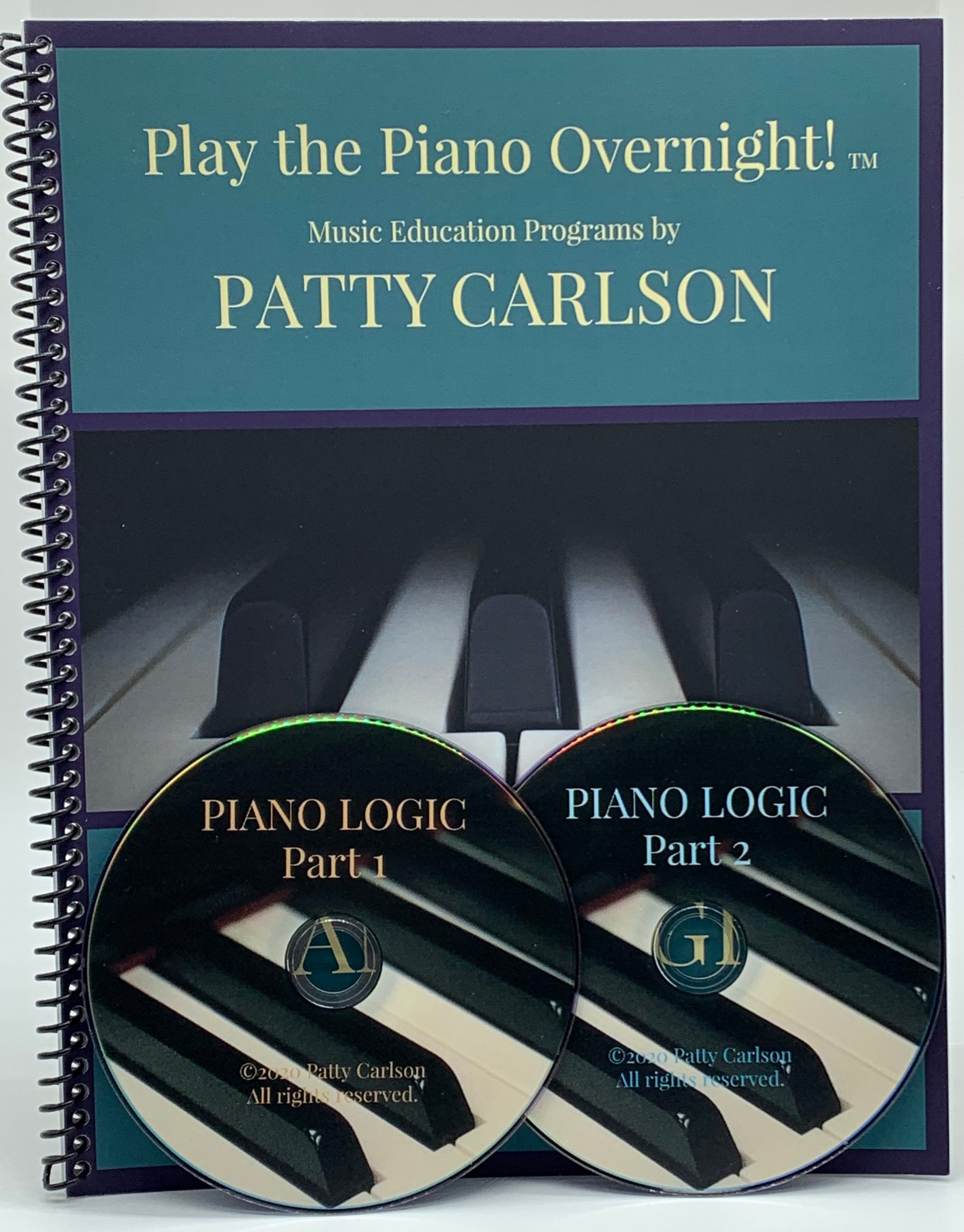
Specifically, two-handed instruments such as the piano were those that caused the most benefit.

Schlaug studied further, and while at Harvard Medical School was able to observe actual increases in brain capacity and the size of the corpus callosum among children who took up instruments. However, further studies have given yet more insight. The corpus callosum might have been bigger initially in those subjects. Schlaug’s work had some skeptics to start with, and for one thing, people claimed that there might be a confusion between cause and effect. It found that the “corpus callosum” or the axons that connect both sides of the brain, was unusually thick in the child pianists. Who knows what we are going to discover over the next 10-15 years.Ī landmark study by Gottfried Schlaug in 1995 looked at the impact of playing the piano before reaching seven years old. The exciting thing about the studies into how learning piano benefits your brain is that many of the studies are still relatively new. According to Mic that means pianists may have a serious leg up in terms of “problem-solving, language, spontaneity, decision making, and social behavior.” Breakthroughs in brain imaging have shown that playing piano strengthens the bridge between the right and left hemispheres of the brain, and makes the connections in the frontal lobe much more efficient. The mental demands of the piano are so significant that players’ brains are structured differently than other people’s. Learning Piano Actually Builds Brain Power This is just one way in which learning piano benefits your brain.Ģ. For many people, introducing the second hand to their playing proves to be a huge challenge, but once you have this mastered you continue to move onto the next thing (playing more complex patterns, reading music) and you get to the point where the things that once seemed impossible now seem simple. To be a master pianist you need to reach the stage where you can juggle a lot of tasks, all at once. It makes sense, the more you think about it. Every time you sit down to play the piano, you’re giving your brain a monster workout, exercising your logical, creative, visual, auditory, emotional, and motor functions. Think about all the individual tasks your brain has to perform simultaneously: keeping time, following pitch, forming chords, maintaining posture, and controlling your breath, all while your right and left hands are operating independently from each other while ranging over 88 identical little black and white buttons.Īlso, you might be operating the pedals and reading and interpreting sheet music too.
Logical piano how to#
Learning to play piano means teaching your brain how to work on overdrive. We explore the top ways in which playing the piano and learning this new skill can help your brain and aid your development and cognitive abilities, whether you start at 8 or you start at 80 years of age. The cognitive demands of learning piano could help with everything from planning skills and language development to reducing anxiety and even boosting memory! There’s growing scientific evidence that shows learning to play an instrument-and piano in particular-can actually make you smarter, happier, and healthier. It can make us bust a move, or move us to tears, sometimes in the course of a single song. It has the power to tap directly into our emotions, and ignite our imaginations. It’s a mystery that is unravelling all the time as we start to understand more about neuroscience. One Last Thing, this is the first application on the Appstore, in which you can open the lid of the piano.How learning piano benefits the brain. Logical Piano perfectly develops memory and sense of rhythm. The game has been translated into 10 languages. All the tunes that you will learn in the game, you can easily play on the real piano. Only for $ 1.9 you get the HD version of the game Logical Piano, which will look equally good on the retina screen of your iPhone 4 and iPad. In subsequent updates numbers of tunes will increase.

18 songs, ranging from Twinkle Twinkle Little Star and ending by the famous passage from the Beethoven masterpiece. All you need is just a repeat keystrokes one by one.

Logical Piano is not a boring tutorial, its a game in which you rehearse 18 popular melodies. And those you surprise your friends, family and even yourself! Then our new game Logical Piano is for you! After 10 minutes you'll be able to play your favorite tune. It seems that it needs to spend a lot of time and have an excellent ear for music?Īre you afraid that you have to learn tons of literature or hire a teacher? Do not know how to play the piano, but always wanted to learn?


 0 kommentar(er)
0 kommentar(er)
